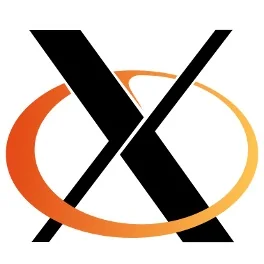X.Org/Mesa Might Get Better GLAMOR, GLSL, Shatter

While it comes down to qualified students needing to apply to work on a particular project, on the X.Org Wiki is a list of 2013 ideas. While there haven't been any X.Org student applications posted to the mailing list yet, the list of interesting items for possible work includes:
- Improving the GLAMOR 2D acceleration library that's used by the Radeon HD 7000 series GPUs and newer and optionally for the Intel X.Org driver. The GLAMOR library pushes 2D over OpenGL. Two projects needing help is performance tuning GLAMOR and providing X-Video support within GLAMOR.
- Enhancing Mesa's OpenGL Shading Language (GLSL) compiler by finding common patterns within real GLSL shaders so that Mesa developers can improve code generation for these common shader sequences, and separately, another work item is improving the application of what GLSL compiler optimizations are applied to shaders.
- The Radeon Gallium3D driver could benefit from OpenCL local and private memory spaces support as mandated by the OpenCL specification. AMD's open-source Linux driver could also benefit from improved VLIW5 scheduling within the driver's R600 LLVM GPU back-end.
- Improving the OpenCL "Clover" Gallium3D state tracker by picking a popular OpenCL application and doing whatever it takes to make it run on OpenCL over Gallium3D.
- Intel developers don't have the time/resources/interest to support GLSL 1.30 on pre-SandyBridge hardware even though some of the Intel IGPs can handle some of the more modern GLSL functionality. The matter was covered within OpenGL 3.0 Features For Intel Ironlake Unlikely. However, this might be work to be picked up by a student developer.
- Support for custom gesture recognition to the Touchpad and Touchscreen driver modules for X Input.
- Shatter support for the X.Org Server. Shatter is slated to be a Xinerama replacement.
- On the kernel side, it would be nice to finish up DRM render-node support.
Aside from the Google Summer of Code, the X.Org Foundation also sponsors its own GSoC-like project, the Endless Vacation of Code. For interested developers, if you don't get into GSoC, it's worth applying to EVoC as the project is barely promoted and a lot more laid back compared to GSoC while these X.Org/Mesa/Wayland projects are critical to the success of the Linux desktop. Details on X.Org's EVoC can be found out at the X.Org Wiki.
2 Comments

